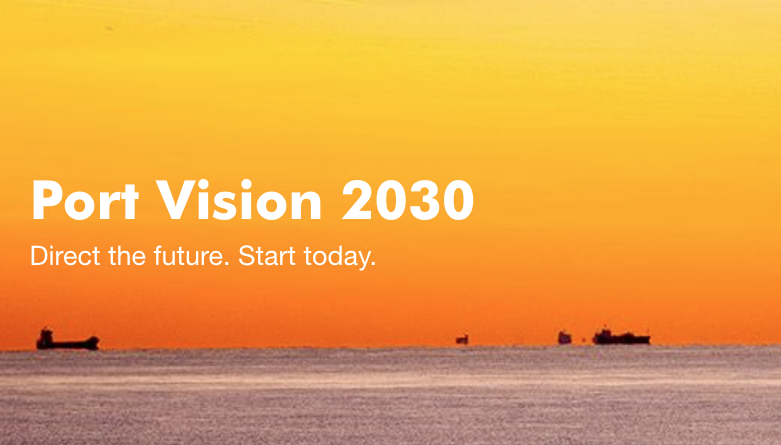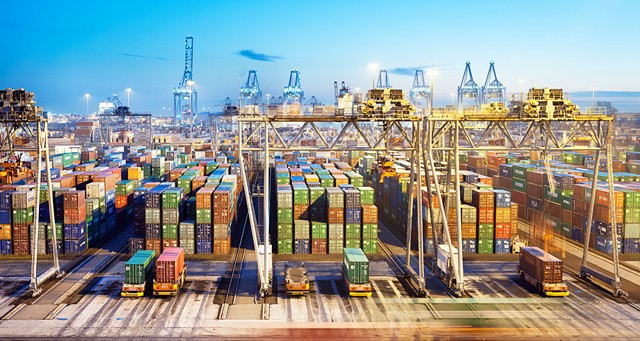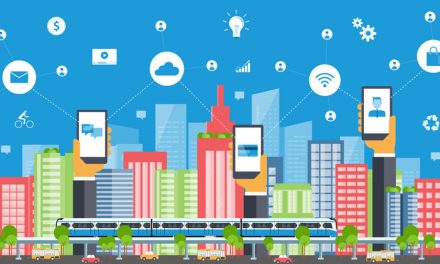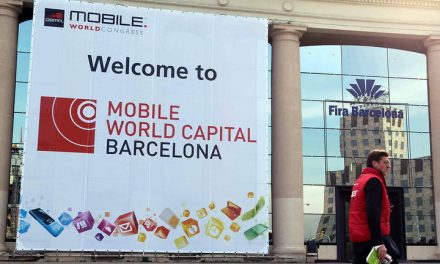Maritime transport is undergoing a major digital transformation, spearheaded by the port of Rotterdam which is using IoT and artificial intelligence to manage its 12,000 hectares and 438 million tonnes of cargo.

Europe’s biggest port and industrial complex is launching a massive IoT deployment
Its 64 km of quays and 12 million containers require state-of-the-art logistics management via some major digital innovations.
The port of Rotterdam’s technological deployment consists of four projects to be implemented by 2030:
1 – Connected port authorities
By installing underwater sensors and smart weather stations, the port authorities will be able to optimise incoming cargoes and reduce waiting time.
2 – IoT sensors
Thanks to an analytical dashboard developed by IBM, the port will be able to monitor and manage the shipped goods that pass through it more effectively by analysing data from the shipping operators and the port, thus ensuring more reliable, efficient traffic management.
3 – 3D printers
3D printers will be installed so the port can produce industrial spare parts whenever needed. IBM’s IoT cognitive technology will be integrated, thus allowing fast, on-demand production of shipping parts, such as propellers. Where a traditional manufacturing process of a specific ship’s component usually takes six to eight weeks, with this technology it can now be done in just 200 hours.
4 – Smart quay walls
Over 42 km of quay walls will be equipped with “Digital Dolphins,” smart quay walls and sensor-equipped buoys that support ship-to-ship cargo transfer and generate time-stamped data about their status and direct environment. These digital dolphins will provide insights into the condition and utilisation of a berthing terminal and the surrounding water and weather conditions, enabling port operators to identify the optimal time for ships to dock, and where and when they can do so.

The port of Rotterdam’s digital transformation should also improve traffic management and allow the port to host autonomous ships using IoT, artificial intelligence and weather data. Such innovations will generate substantial cost savings for shipping companies, as they will be able to identify the best time to dock, thus reducing waiting time by almost an hour –which in turn will reduce fuel consumption.
Sources: IBM
















